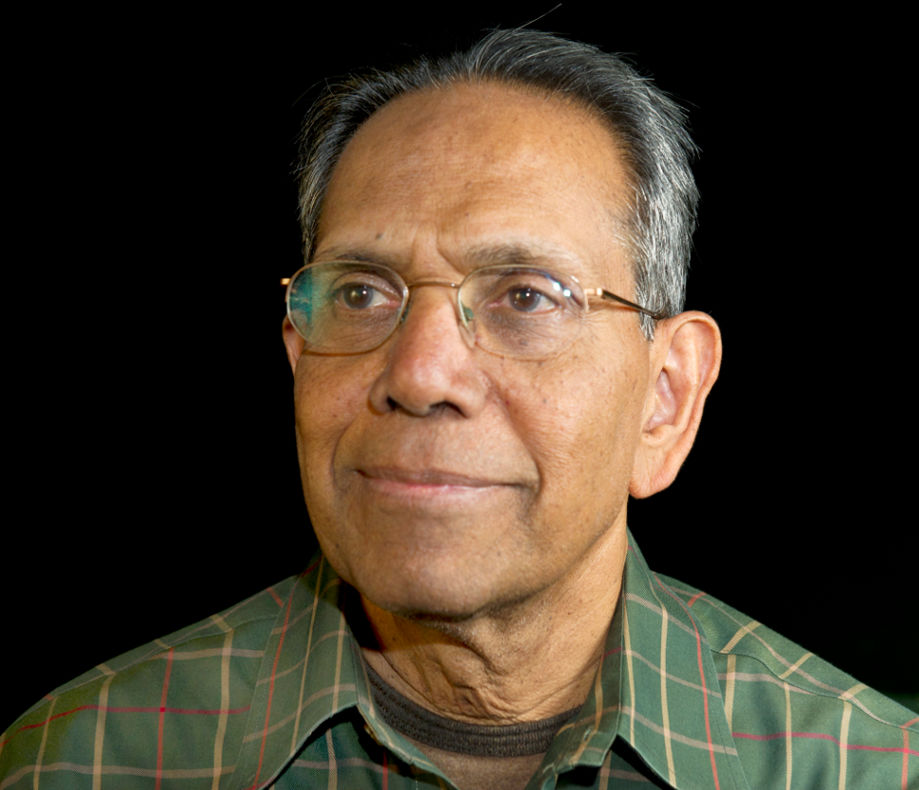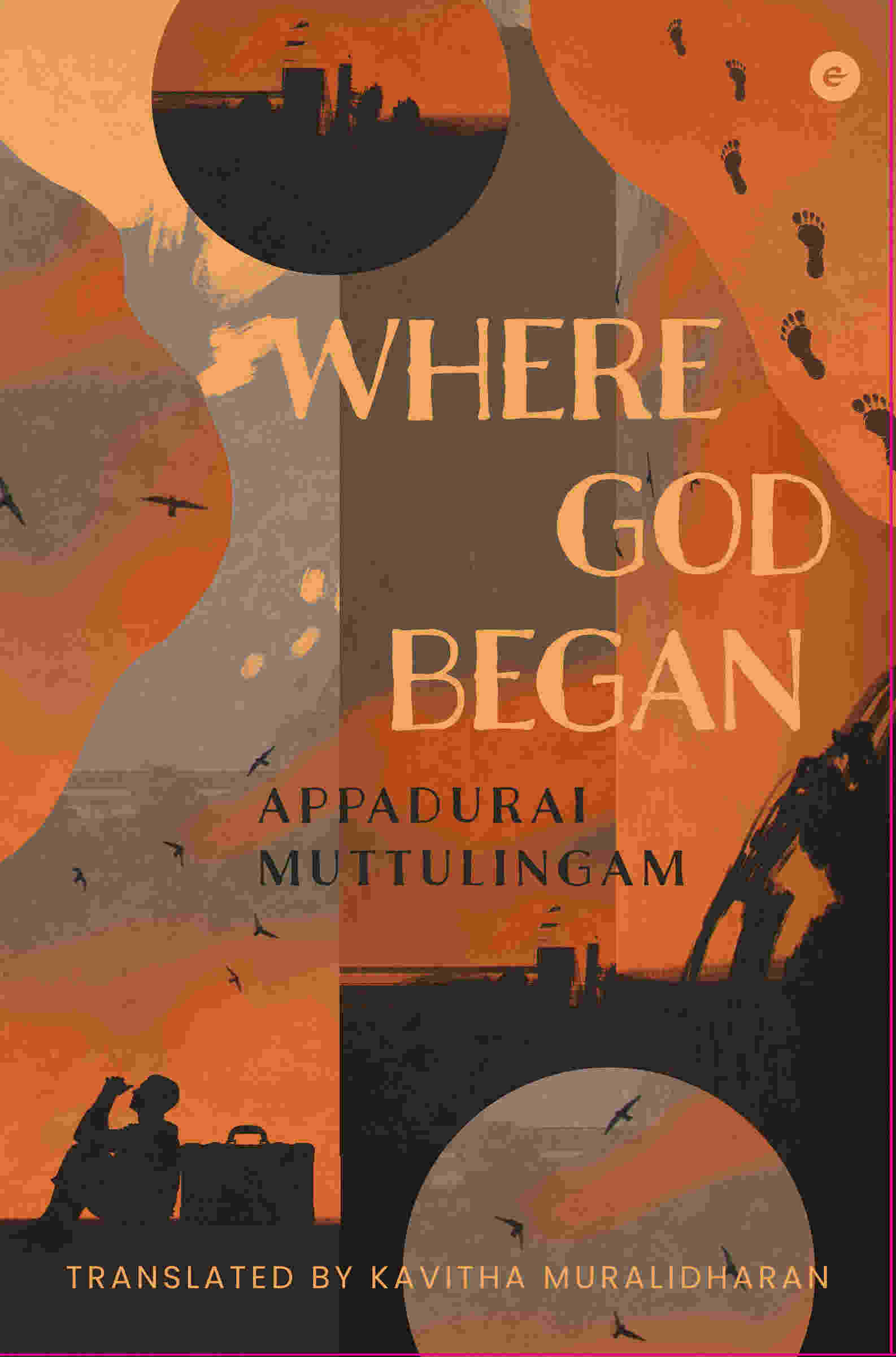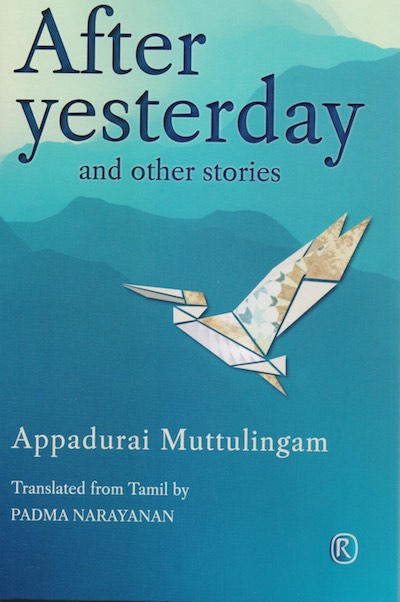
A MUTTULINGAM (1937)
Born in 1937, Appadurai Muttulingam was born in Sri Lanka. He began his literary career at the age of nineteen when he won the first prize in the All Ceylon Tamil short story competition. After emigrating, he worked in many countries for the World Bank and the United Nations. He has published 11 short story collections, 6 essay collections, two interview collections, two novels and edited an anthology of book reviews. He won the prestigious S.R.M. University (India) literary award for Amerikkakari in 2013 and Markham City Council’s, Canada Literary Award in 2014. He lives with his wife Ranjini in Markham, Canada.
WHERE GOD BEGAN
( KadavulthodankiyaIdam )
Number of words in tamil : 33,000
Tracing the journey of a young man from Colombo to Canada, ‘Kadavul Thodangiya Idam’ is a brilliant reiteration of a fundamental philosophy told over and over again by thinkers – that the journey is the destination. The protagonist, Nishanth, embarks on a journey with the aim of seeking refugee status in Canada. It takes him a little over five years to complete the journey.
Weaving together a string of experiences faced by various individuals – men and women, old and young, impassioned and level-headed – Muttulingam tells a compelling story that has remained untold in Tamil literature: the journeys that Sri Lankan citizens are forced to undertake to end up as refugees.
Kadavul Thodangiya Idam is a sensitive, riveting retelling of millions of such stories that travel towards the same fate yet are remarkably distinguished by the innumerably different paths they are forced to take.


After Yesterday
( A. Muttulingam’s Short Stories )
Number of pages: 208
In this anthology of short stories, delicately crafted, poignant, often charmingly funny, Appadurai Muttulingam summons from the sweep of global forces the intimate realities of human relationships. From the jungles of Africa to the borders of Italy, from dust-filled Colombo to the highways of Toronto the author grapples with loss, loyalty, love and truth, and probes the sorrows and comical absurdities of human experience with wit, beauty, and invention.
A meditation on the state of displacement runs through these stories. The language is deceptively simple and has a way of sneaking up on the reader quietly. Moreover, these stories explore the state of being displaced or dislocated in a number of ways: forced displacement, feeling displaced from one's own self and disoriented in time, the sense of un-belonging that ageing can bring, the acute pain of alienation that comes from harbouring secrets. Simple events, gestures, words and coincidences are woven together to create a tapestry that highlights the universality of the human experience - transcending geography, culture and language.

